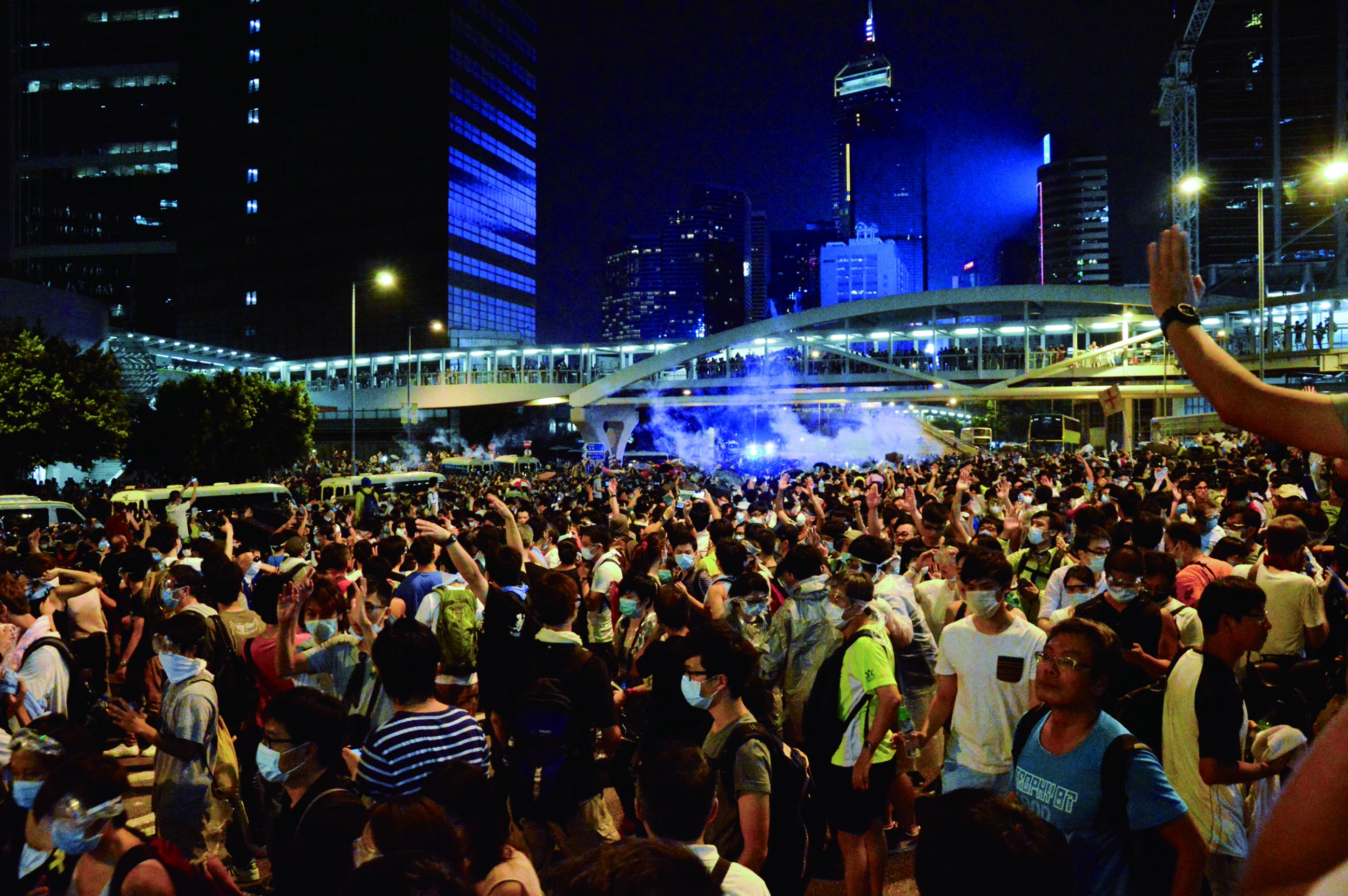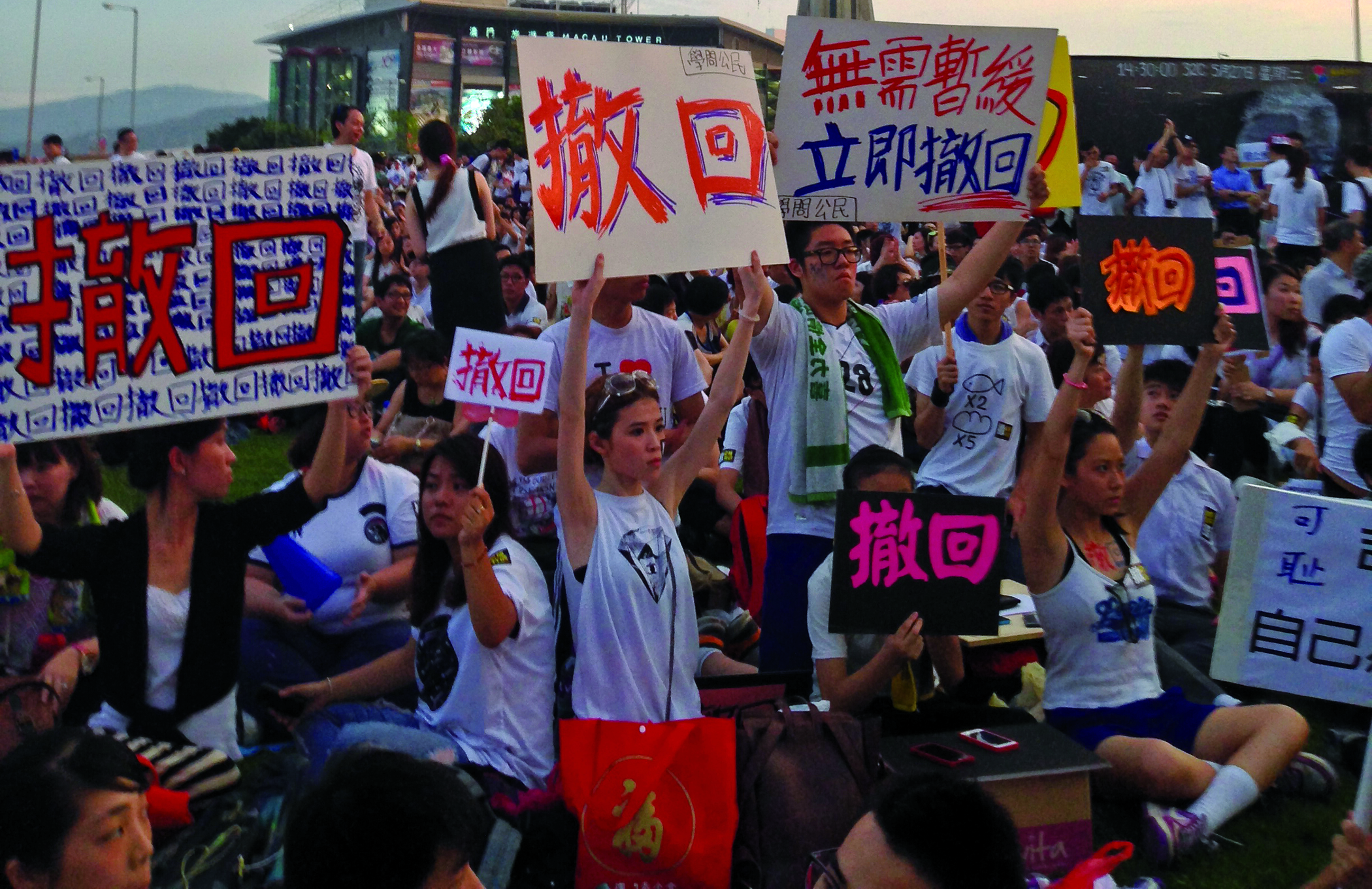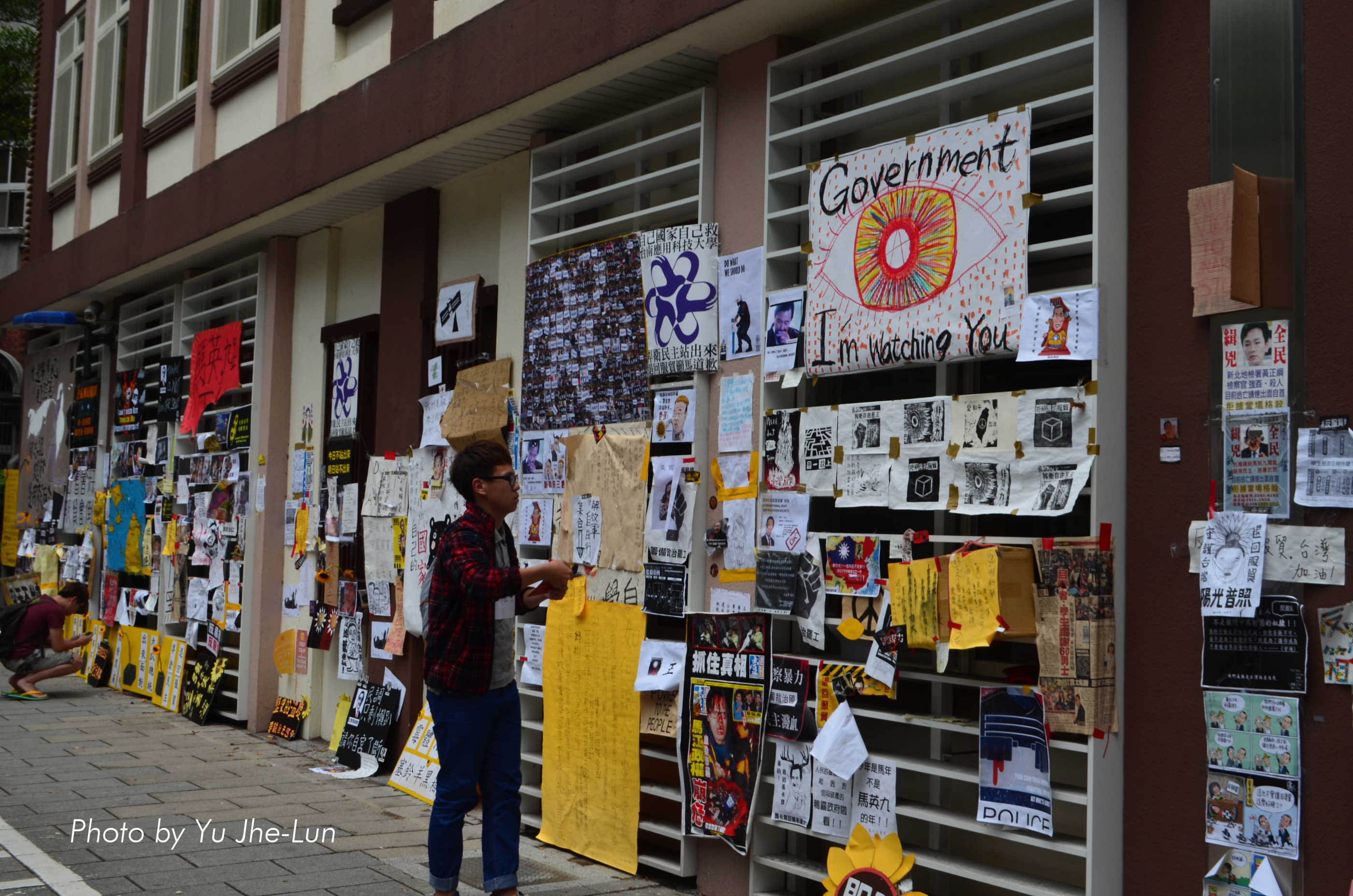As we bring you this issue of Periscope, protesters are still on the streets of the occupied areas of Admiralty, Mong Kok and Causeway Bay. They are demanding free and open elections to choose the first Chief Executive to be elected by one-person-one-vote in 2017. Hong Kong’s democratic journey did not begin with the Occupy Movement and it almost certainly will not end when the last of the occupiers have left their tents.
Apart from Hong Kong, we are also looking at two other Chinese societies, whose democratic development are affected to varying degrees by their relationship with mainland China. We look at how the democratic movements in Macau and Taiwan differ from Hong Kong as well at common features they share.














































